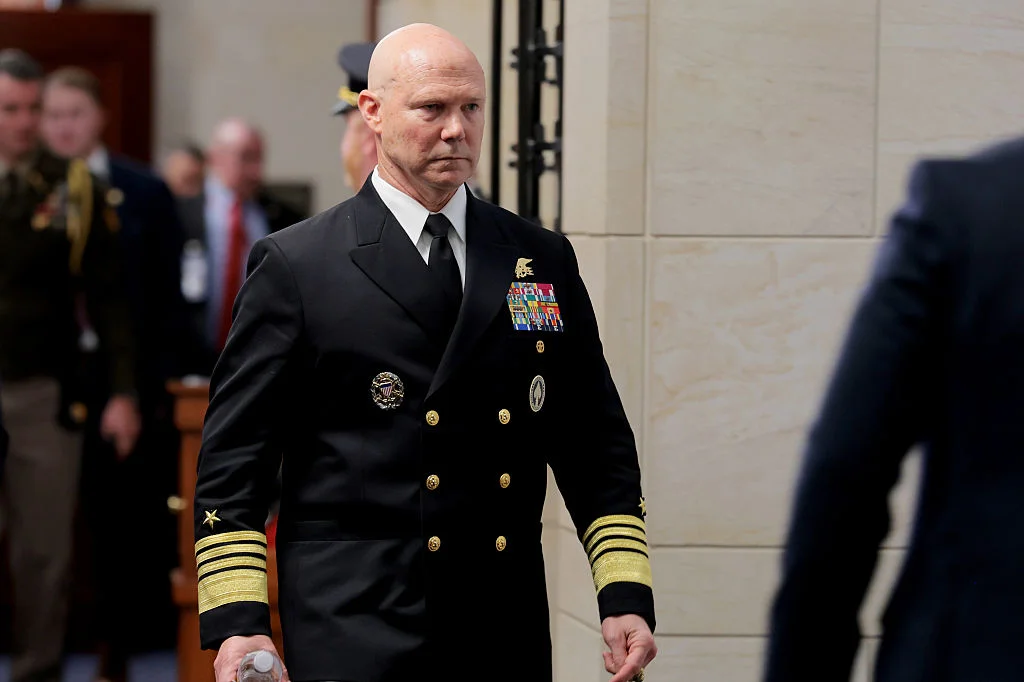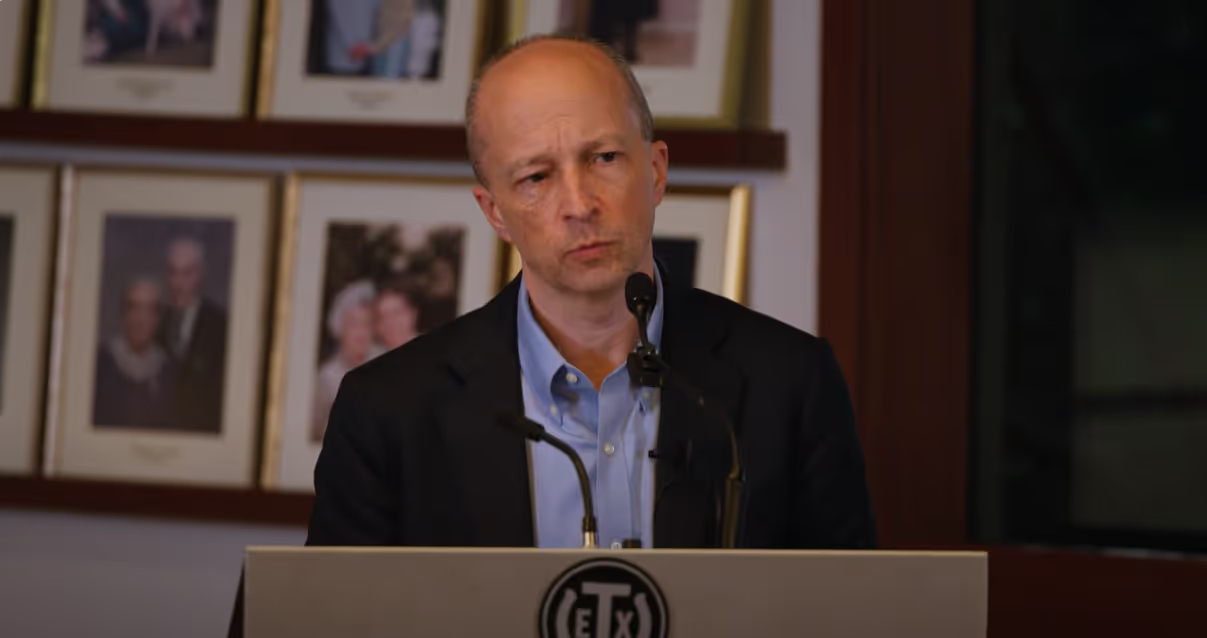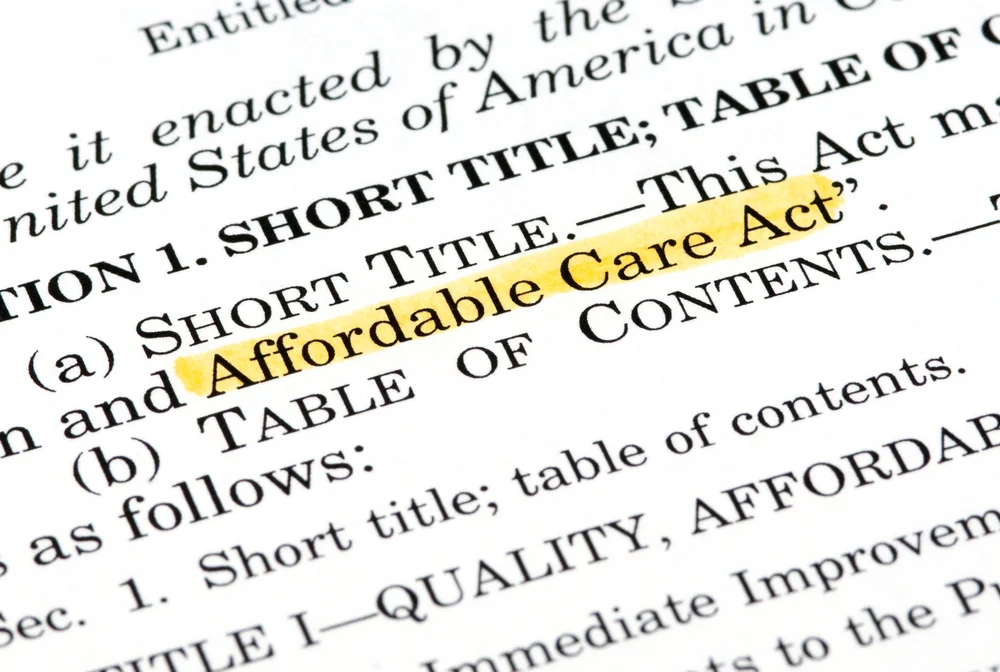
A Window to a Real Congress
The window afforded by the Congressional Review Act will show us a glimpse of the real Congress at work.
During the first 150 years of American history, a period James Sundquist calls Congress’s “Golden Age of Ascendancy” which spanned from the Civil War’s close to the Progressive Era, “it was congress that devised the measures,” not the president or the administrative state. Political scientist and future president Woodrow Wilson complained in the 1880s of the “declining prestige of the presidential office” and that “the power of Congress has become predominant.” The legislature used to be our republic’s chief policymaking institution.
The past century has witnessed the presidency and the administrative state eclipse Congress’s preeminence. And yet, thanks to Speaker Johnson’s relatively orderly election and a little-known law enacted in the 1990s, Congress will resemble its older version, at least for a few months. During this short window, we will get to see a real Congress once again.
American politics’s careful observers know well that Congress engineered its own eclipse. In the Progressive Era, Congress began to delegate its lawmaking powers to administrative agencies. The Constitution requires “all legislative powers herein granted” to be “vested in a Congress.” Most of today’s laws, however, are found in the Code of Federal Regulation, where agency regulations are published, rather than in congressional statutes. Congress has become a legislative bystander; the administrative state now spearheads real lawmaking.
Congress’s decline did not happen all at once. The delegation of lawmaking power to the administrative state started the decline but did not initially lead to congressional irrelevance. To the contrary, Congress intervened constantly in the administrative state’s decisions. Congress passed regular reauthorizations of agencies’ programs, awarded annual appropriations of funds to agencies, and even used legislative vetoes to reverse agency decisions (until the Supreme Court stopped it in I.N.S. v. Chadha). Bureaucrats were highly responsive to Congress, even more so than they were to the president. True, it was no longer “congress that devised the measures,” but Congress oversaw, influenced, and controlled the measures the agencies enacted. For a while, even after Congress transferred its powers to the administrative state, voters could hold individual Congressmen accountable for their influence over the bureaucracy.
Many such accountability mechanisms have eroded in the past forty years. One effective response to this waning accountability would be to enact a law mandating that our elected representatives must vote to enact all major rules before they take effect. If this were the case, agencies could propose regulations, but only Congress could enact them. Even some of the administrative state’s staunchest defenders have proposed and endorsed versions of this law over the years. James Landis, for instance, the New Deal chairperson of the Securities and Exchange Commission, endorsed this measure in his lectures on The Administrative Process, published in 1938. Steven Breyer also endorsed a similar measure in 1983, in the Chadha decision’s immediate aftermath. Today, this proposal is known as the REINS (“Regulations from the Executive In Need of Scrutiny”) Act, but it has never become law.
Absent the REINS Act, Congress only has the less effective process the Congressional Review Act (C.R.A.) established for overseeing the administrative state. Enacted in 1996, the process requires agencies to submit new major rules to Congress and creates fast-track procedures for Congress to enact a joint resolution disapproving such rules if it so wishes. The rule takes effect if Congress does not enact a disapproval resolution within sixty days of its submission. Any rules Congress disapproves of are nullified, and agencies may not adopt any “substantially similar” rules in the future unless Congress passes a new law granting the authority to do so. In short, the C.R.A. creates a brief sixty-day window for Congress to pass a resolution blocking a major agency rule from taking effect. Importantly, the C.R.A.’s fast-track procedures bypass the Senate filibuster, allowing a simple majority in the Senate to block an agency rule.
Because both houses of Congress must pass and the president must sign disapproval resolutions, the C.R.A.’s effects have been modest. Presidents typically will not sign disapproval resolutions of their own administration’s rules, and this era of narrow majorities makes mustering the two-thirds majority to override a presidential veto difficult. Only twenty disapproval resolutions have been enacted since the C.R.A.’s passage in 1996. Fifteen occurred when the Trump Administration took office in 2017. Presidential transitions are the most opportune times for using the C.R.A. to block regulations because the new administration will often oppose the previous administration’s policies.
This means that, for a brief window, the 119th Congress will be able to debate and vote upon major policies that the administrative state would otherwise make unilaterally. If the C.R.A.’s sixty-day clock is still ticking on any major rule when President-elect Trump is inaugurated on January 20th, Congress will be able to vote on that rule with the expectation that the president will sign the disapproval resolution. For a brief time, Congress will be in an uncommon position—in the driver’s seat.
Some unresolved questions about the C.R.A.’s applicability remain, but it is certain that Congress’s agenda will include addressing major policies through the C.R.A. process. Current estimates suggest that any Biden Administration rules submitted to Congress after August 1, 2024, will be “on the clock” for Congress to consider. Under this estimate, Congress could vote on HHS rules increasing Head Start workers’ wages and benefits, a new Department of Energy rule limiting tankless water heater energy use, EPA rules requiring utilities to replace lead pipes connecting homes to water systems, and a controversial IRS rule requiring brokers to report cryptocurrency sale proceeds. There is some dispute over whether agency guidance and policy memoranda are subject to C.R.A. disapproval resolutions, but if they are, Congress could also repeal the Biden Administration’s controversial offshore drilling ban issued on January 6th.
The C.R.A. process may also have played a role in the Biden Administration’s decision to withdraw a handful of pending controversial rules. It almost certainly played a critical role in the Administration’s flurry of rulemaking activity before the August 1 deadline—George Washington University’s Regulatory Studies Center noticed an April 2024 “regulatory surge” as agencies rushed to submit final rules and run out the sixty-day clock before the 118th Congress ended.
Congress will consider important, substantive policies under the C.R.A., but the most important and encouraging development is that it will be Congress considering them. Even if only for a fleeting sixty days, our elected representatives will be voting on substantive policies, and voters will be able to hold Congress accountable for the decisions they make. This will be a refreshing, albeit temporary, change from modern America’s typical pattern of administrative rule.
Joseph Postell is an Associate Professor of Politics at Hillsdale College.
Constitutionalism

Amicus Brief: Hon. William P. Barr and Hon. Michael B. Mukasey in Support of Petitioners
Former AGs Barr and Mukasey Cite Civitas in a SCOTUS Brief

Rational Judicial Review: Constitutions as Power-sharing Agreements, Secession, and the Problem of Dred Scott
Judicial review and originalism serve as valuable commitment mechanisms to enforce future compliance with a political bargain.

Supreme Court showdown exposes shaky case against birthright citizenship
Supreme Court will hear challenges to Trump's order ending birthright citizenship, testing the 14th Amendment's guarantee for babies born in America.

The Chief Justice's Big Idea
Chief Justice John Roberts has a potentially major idea for federal agency power.

Congress, the President, and the Drug Boats
Lethargy in the legislature is no way to counter the executive's excess energy.


.avif)







.avif)
.avif)





